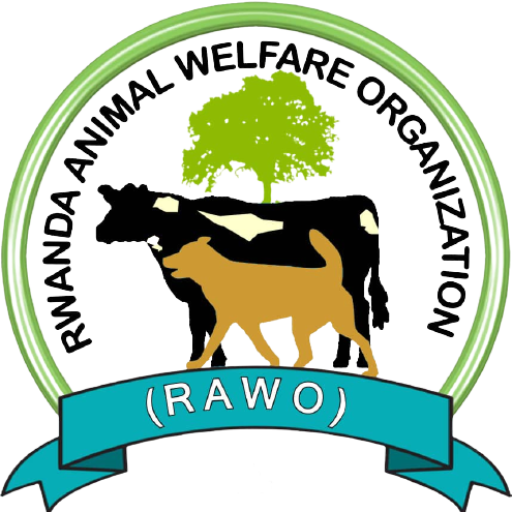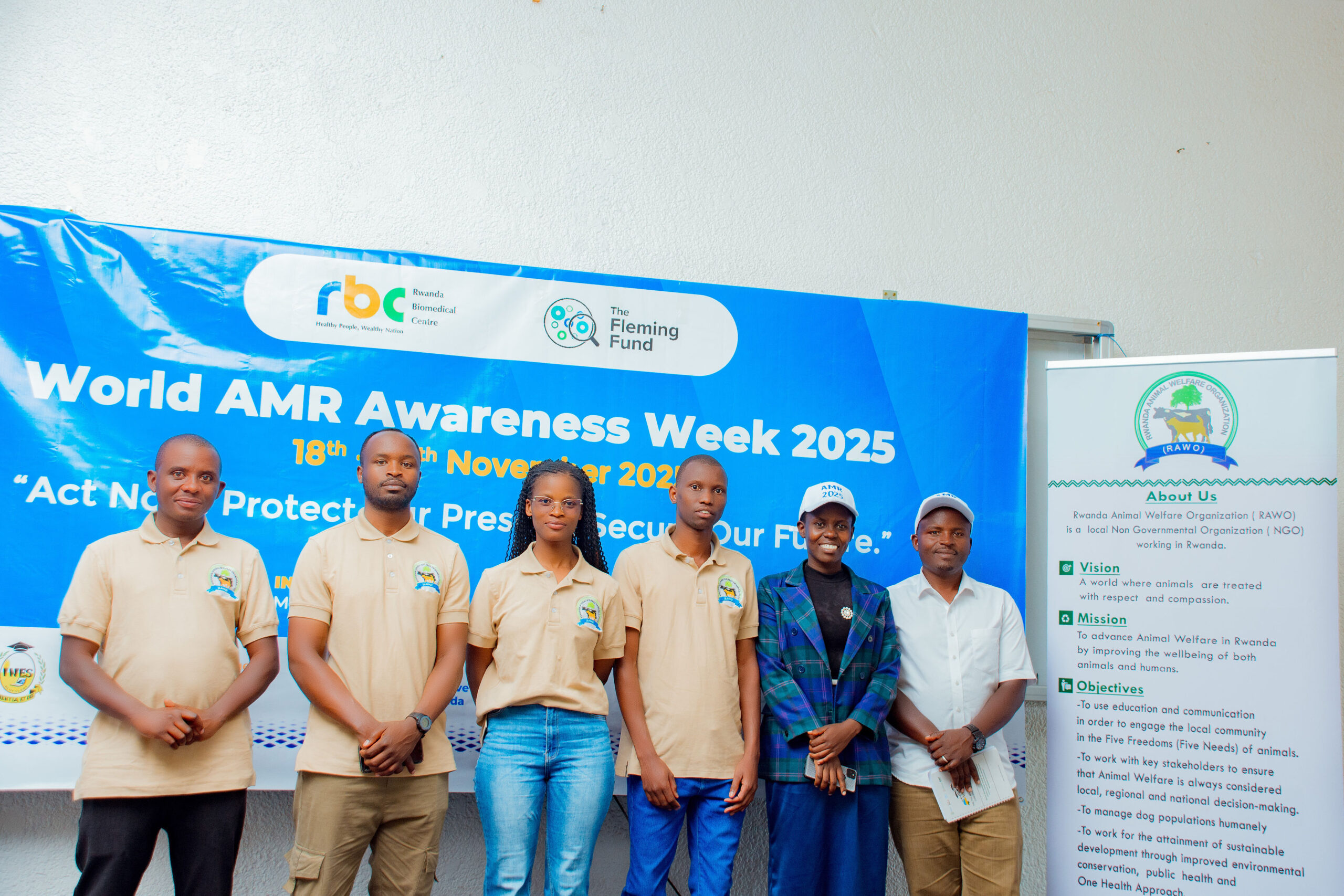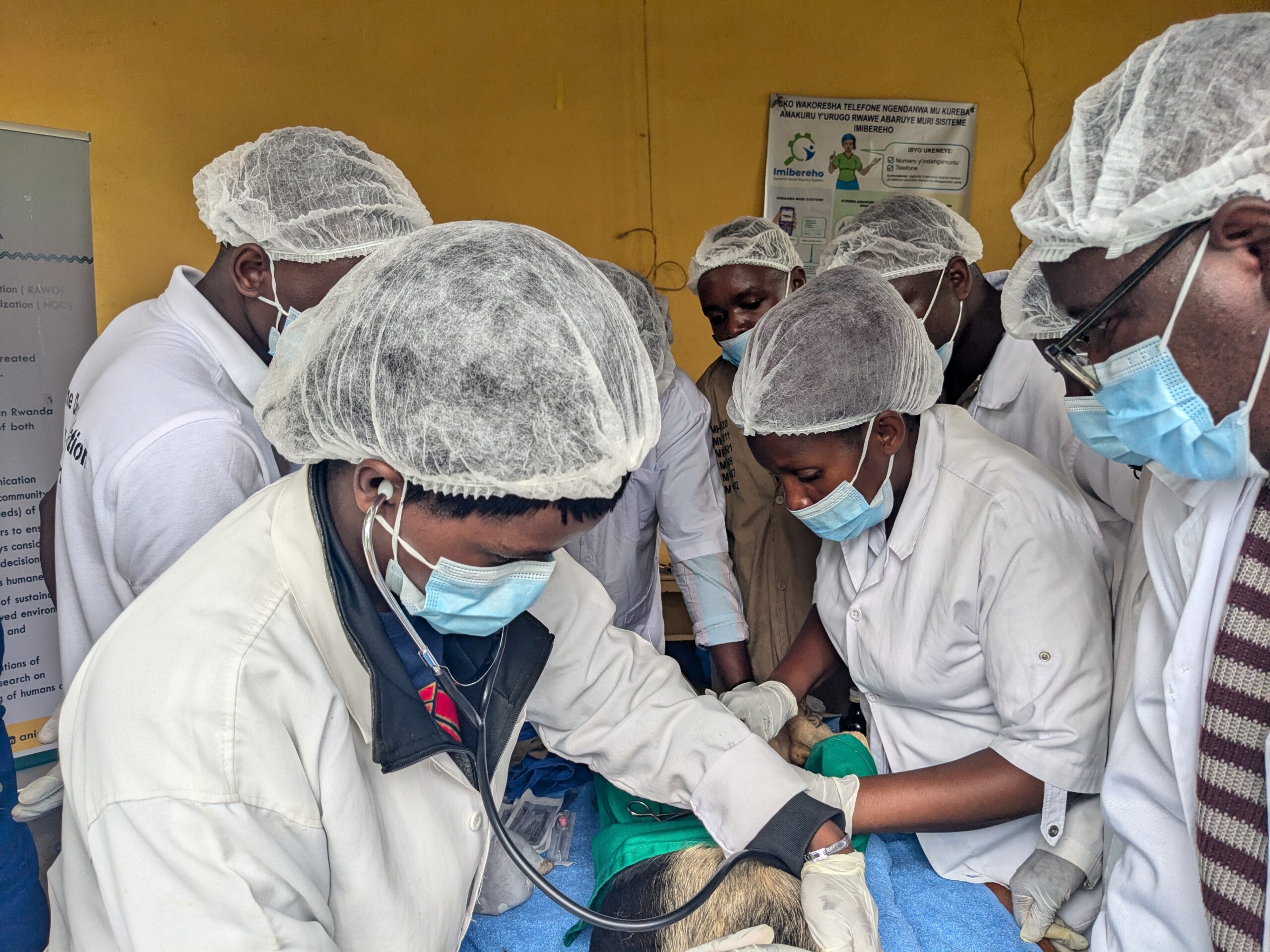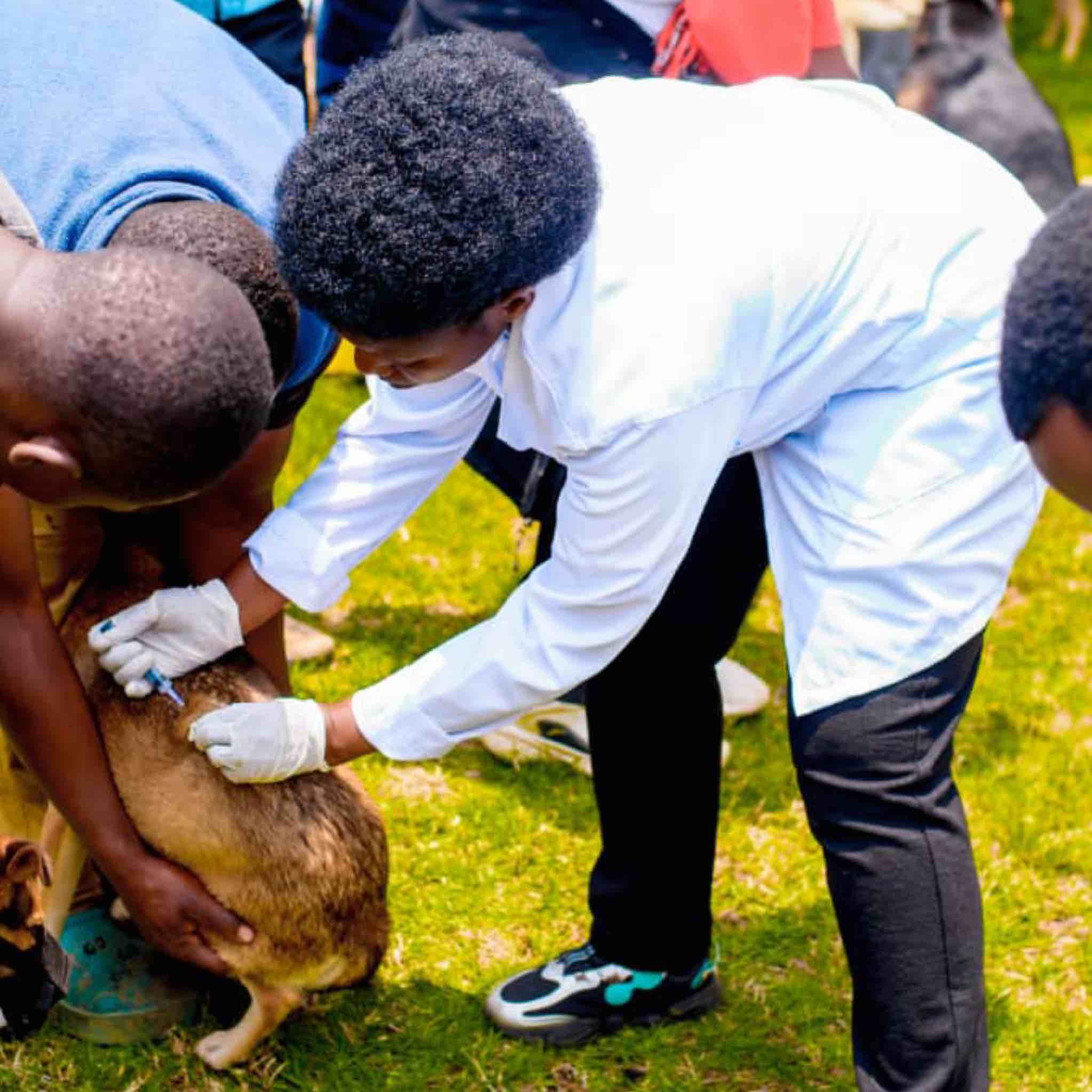As the demand for safe and sustainable livestock production grows, the welfare of farm animals—especially pigs—has become a crucial focus in modern farming practices. Recognizing the importance of animal welfare not just for ethical reasons, but also for improved productivity and community health, a targeted training session was recently conducted in Gicumbi District, at Vision Agribusiness Farm.
This impactful workshop brought together key representatives of pig farmers from the region to enhance their knowledge and practical skills on pig welfare and production. The training aimed to bridge the gap between traditional practices and modern, welfare-centered approaches to pig farming.
Training Highlights: From Welfare to Productivity
The training program covered a broad range of topics, all centered on the core principle that healthy, well-cared-for pigs lead to better farm productivity. Here are the key areas addressed:
1. Understanding the Five Freedoms of Animal Welfare
Participants were introduced to the globally recognized Five Freedoms, which form the foundation of humane animal care:
- Freedom from hunger and thirst
- Freedom from discomfort
- Freedom from pain, injury, or disease
- Freedom to express normal behavior
- Freedom from fear and distress
By adopting these principles, pig farmers learned how to create a farming environment that respects the basic needs and rights of animals, leading to healthier pigs and higher productivity.
2. Proper Housing and Nutrition
The training emphasized the role of adequate housing in maintaining pig health. Good ventilation, proper spacing, clean bedding, and temperature control were highlighted as essential for reducing stress and disease risk.
In addition, proper feeding practices were discussed, including balanced nutrition plans tailored to each stage of a pig’s life cycle. Farmers were encouraged to use high-quality feed and ensure consistent access to clean water.
3. Common Pig Diseases and Prevention
A major concern for pig farmers is disease management. Participants were educated on common pig diseases, such as:
- African Swine Fever (ASF)
- Porcine Reproductive and Respiratory Syndrome (PRRS)
- Swine dysentery
- Worm infestations and skin conditions
The training included early detection strategies, vaccination schedules, and preventive care, helping farmers to respond more effectively and avoid devastating losses.
4. Biosecurity Measures
One of the most critical tools in disease prevention is the implementation of biosecurity measures. Farmers learned about:
- Controlled access to pig facilities
- Quarantine protocols for new animals
- Regular disinfection routines
- Limiting contact with outside visitors or animals
By adopting strict biosecurity, farmers can protect their herds from outbreaks and ensure stable productivity.
5. Record Keeping and Farm Management
Modern farming requires modern management. The training encouraged participants to maintain detailed records of feeding, breeding, health treatments, and growth rates. Good record-keeping helps farmers make informed decisions, track animal health, and improve efficiency over time.
6. Importance of Animal Insurance
In a move to promote resilience and sustainability, the training introduced farmers to the concept of animal insurance. This tool provides a safety net for farmers in case of unexpected losses due to disease or accidents, offering financial protection and peace of mind.
Why This Matters
Training initiatives like this one in Gicumbi are vital for transforming livestock farming in Rwanda and beyond. By equipping farmers with up-to-date knowledge and practical tools, we’re:
- Improving animal welfare
- Enhancing food safety
- Boosting economic outcomes for smallholder farmers
- Reducing the spread of zoonotic diseases
- Promoting sustainable farming practices
When animals are healthy and well cared for, everyone benefits—from the farmer to the consumer, and the broader community.




